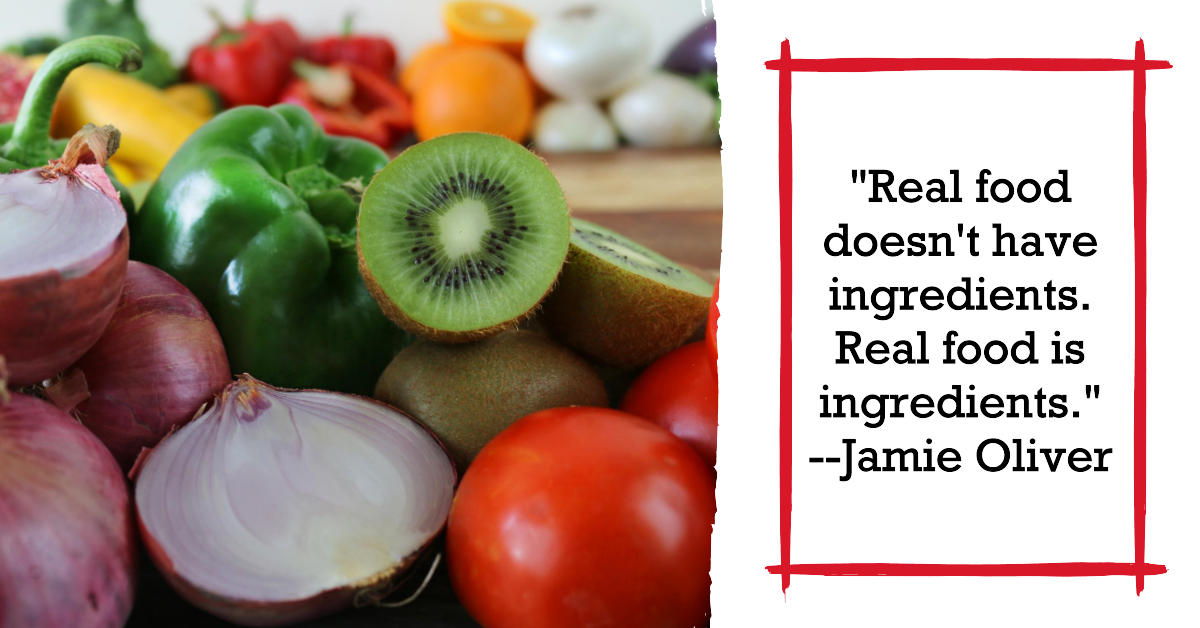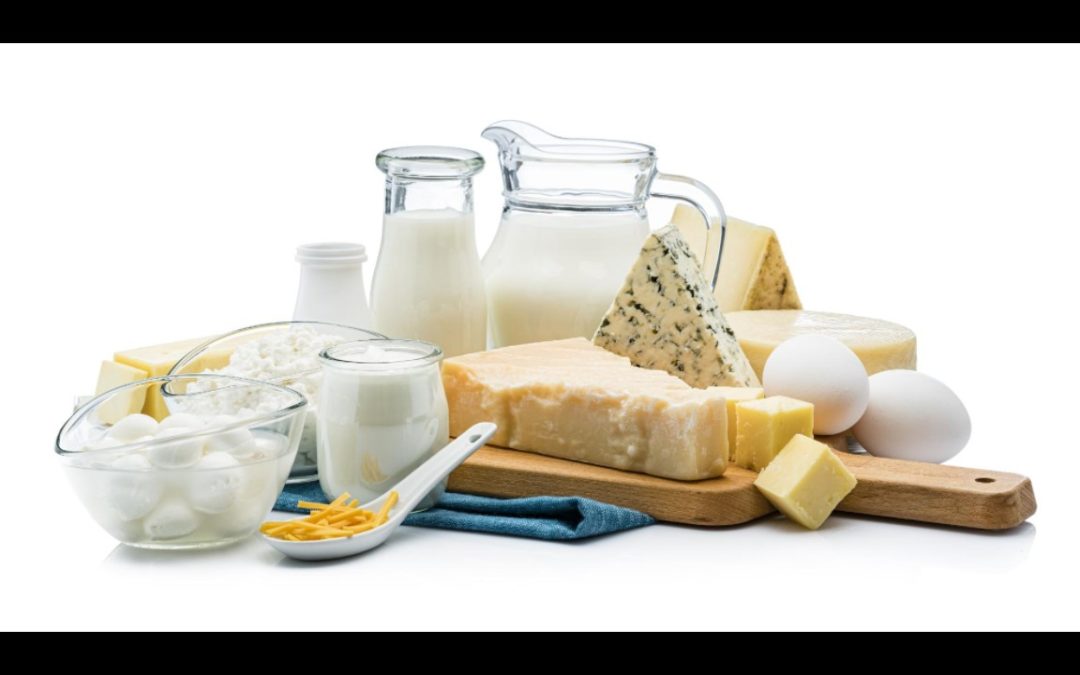For many years, national and international dietary guidelines have warned against the inclusion of whole-fat dairy products in a healthy diet, advising instead no-fat or low-fat dairy, or no dairy at all.
However, evidence has been growing that whole-fat dairy is not the demon it’s been made out to be, and a new study released last month (July 2023) provides the most convincing, large-scale evidence yet that whole-fat dairy can indeed be part of a healthy, balanced diet.
The PURE Study
Researchers involved with the Prospective Urban Rural Epidemiology (PURE) study looked at data from 5 other independent studies on a total of 245,000 people from 80 countries, and applied the healthy diet score they had developed from the original PURE study.
They found the following food categories to be most protective against cardiovascular disease (CVD), over a median of 8.3 years of follow-up:
- Fruit (at least 2 – 3 servings per day)
- Vegetables (at least 2 – 3 servings per day)
- Legumes/beans (at least 3 – 4 servings per week)
- Nuts (at least 7 servings per week)
- Fish (2-3 servings per week)
- Dairy (14 servings per week)
Their conclusion: “A diet comprised of higher amounts of fruit, vegetables, nuts, legumes, fish, and whole-fat dairy is associated with lower CVD and mortality in all world regions, especially in countries with lower income where consumption of these foods is low.” (Emphasis/italics my own.)
Other Benefits from Dairy
We’ve seen time and again that the human body tends to absorb and use nutrients better when they come from foods in our daily diet, rather than from supplements in a pill or powder.
Vitamin D, calcium, better bone health—these are important for everyone, and especially so for women approaching menopause and after, who are at high risk for developing osteoporosis. Sadly, this benefit of dairy—its importance as one of the best dietary sources of calcium—is too often overlooked in guidelines and recommendations that focus only on one specific aspect of health (like heart health only) instead of holistic, whole-body health, and that seek to apply broad recommendations to an entire population of women and men of all ages and backgrounds.
Interestingly, there have been other benefits seen with dairy consumption in both women and men. In particular, several studies have shown that, rather than increasing the risk of obesity and metabolic syndrome, full-fat dairy foods actually decrease that risk—when eaten in the context of a balanced diet (that part is important!).
For example, in 2016, researchers concluded in The Journal of Nutrition that “total and especially full-fat dairy food intakes are inversely … associated with metabolic syndrome in middle-aged and older adults…. Dietary recommendations to avoid full-fat dairy intake are not supported by our findings.”
Even prior to that, in 2012, research published in the European Journal of Nutrition concluded: “The observational evidence does not support the hypothesis that dairy fat or high-fat dairy foods contribute to obesity or cardiometabolic risk, and suggests that high-fat dairy consumption within typical dietary patterns is inversely associated with obesity risk.”
This is partly because consumption of whole-fat dairy is more satisfying and leaves you feeling fuller for longer, and thus less likely to overeat or to reach for empty calories.
More recently, in 2020, a number of experts wrote in the Journal of the American College of Cardiology:
“The recommendation to limit dietary saturated fatty acid (SFA) intake has persisted despite mounting evidence to the contrary…. Whole-fat dairy, unprocessed meat, and dark chocolate are SFA-rich foods with a complex matrix that are not associated with increased risk of CVD. The totality of available evidence does not support further limiting the intake of such foods.”
A Whole-Foods, Real-Foods Philosophy and Balanced Approach
I am a preventive cardiologist who has studied nutrition to prevent CVD and applied the concept of “food as medicine” for decades. More and more, I have come to believe that the best foods to consume in order to have a truly balanced and healthy diet are real, whole, unprocessed foods. Not fake or manufactured or highly processed ones with a lot of unpronounceable chemical ingredients. Not ones with little substance, nutrients, or empty calories. Rather, as Chef Jamie Oliver so eloquently put it: “Real food doesn’t have ingredients. Real food is ingredients.”
Further, I wouldn’t run out and buy a whole block of full-fat cheese and eat it all in one sitting, as tempting as that might be for those of us who are cheese-lovers! Moderation and balance: that is the key, again and again, to good health.
So, we know beyond the shadow of a doubt that eating a lot of plants (fruits and vegetables, nuts and legumes) is good for us, from preventing heart disease to preventing cancer to preventing diabetes and obesity. So we make those the staples of our diet. Beyond that, we can incorporate what we enjoy, with a focus on wholeness and balance.
It is when we get out of balance that we get into trouble (and this applies to life in general as well). Too many calories, too little exercise; too much meat, too few vegetables. You get the picture.

More Experts Weigh In
As the lead author on the original analysis based on the PURE study (the one at the top of this article), Andrew Mente, PhD, of the Population Health Research Institute at McMaster University in Ontario, Canada, commented in a Medscape interview: “Eat plenty of fruits, vegetables, nuts, legumes, and a moderate amount of fish and whole-fat dairy to lower risk of cardiovascular disease and mortality.”
In an editorial on the PURE study results, renowned preventive cardiologist Dariush Mozaffarian, MD, DrPH, MPH, wrote: “These findings provide further support that dairy foods, including whole-fat dairy, can be part of a healthy diet…. The new results in PURE, in combination with prior reports, call for a re-evaluation of unrelenting guidelines to avoid whole-fat dairy products.”
Personally, I hope that national and international guideline-setting societies are taking note of this and plan to incorporate the latest evidence when they next update their guidelines. In the meantime, I have begun eating modest amounts of whole-fat dairy again in my overall Mediterranean-style diet.
Want more content like this so you can take charge of your heart health? Subscribe to the Speak for the Heart newsletter.
You might also be interested in reading:


